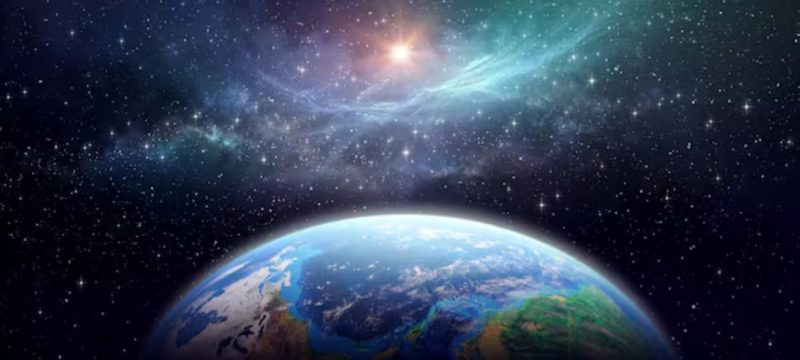In a significant breakthrough, scientists using the James Webb Space Telescope have detected what may be the strongest evidence yet of potential life beyond our solar system. They identified chemical traces of gases, dimethyl sulfide (DMS) and dimethyl disulfide (DMDS), in the atmosphere of an exoplanet named K2-18 b. These gases are typically produced by biological processes on Earth, particularly by microorganisms like marine phytoplankton, which suggests the possibility of microbial life on the planet.
However, the researchers are cautious, clarifying that they are not declaring the discovery of actual life but rather a potential biosignature—a sign of biological activity. Astrophysicist Nikku Madhusudhan from the University of Cambridge, lead author of the study, emphasized the need for further observations and testing. While the data shows a 99.7% confidence level that the gases are present in the atmosphere, there remains a small chance of statistical error.
Read more: Chinese Scientists Develop World’s First Carbon-Based AI Chip
K2-18 b is a planet located in the habitable zone of a red dwarf star 124 light-years away in the constellation Leo. It is thought to be a “hycean world,” a type of exoplanet covered by an ocean of liquid water, possibly conducive to microbial life. Webb’s previous findings have also shown methane and carbon dioxide in the planet’s atmosphere, reinforcing the possibility of life. The discovery of DMS and DMDS, at concentrations much higher than those found on Earth, could be indicative of biological processes.
While the excitement is palpable, scientists, including Madhusudhan, caution that more observations and independent analyses are needed to confirm the findings. The ultimate goal of exoplanet research is to find evidence of life on Earth-like planets, and Madhusudhan suggests that this discovery could be a significant step toward that goal. Nonetheless, he stressed the importance of verifying the data and exploring other potential explanations before making any definitive claims about alien life.
As scientists continue to study K2-18 b, the discovery has opened a new chapter in the search for extraterrestrial life, while reminding the scientific community to approach such findings with caution and rigor.





